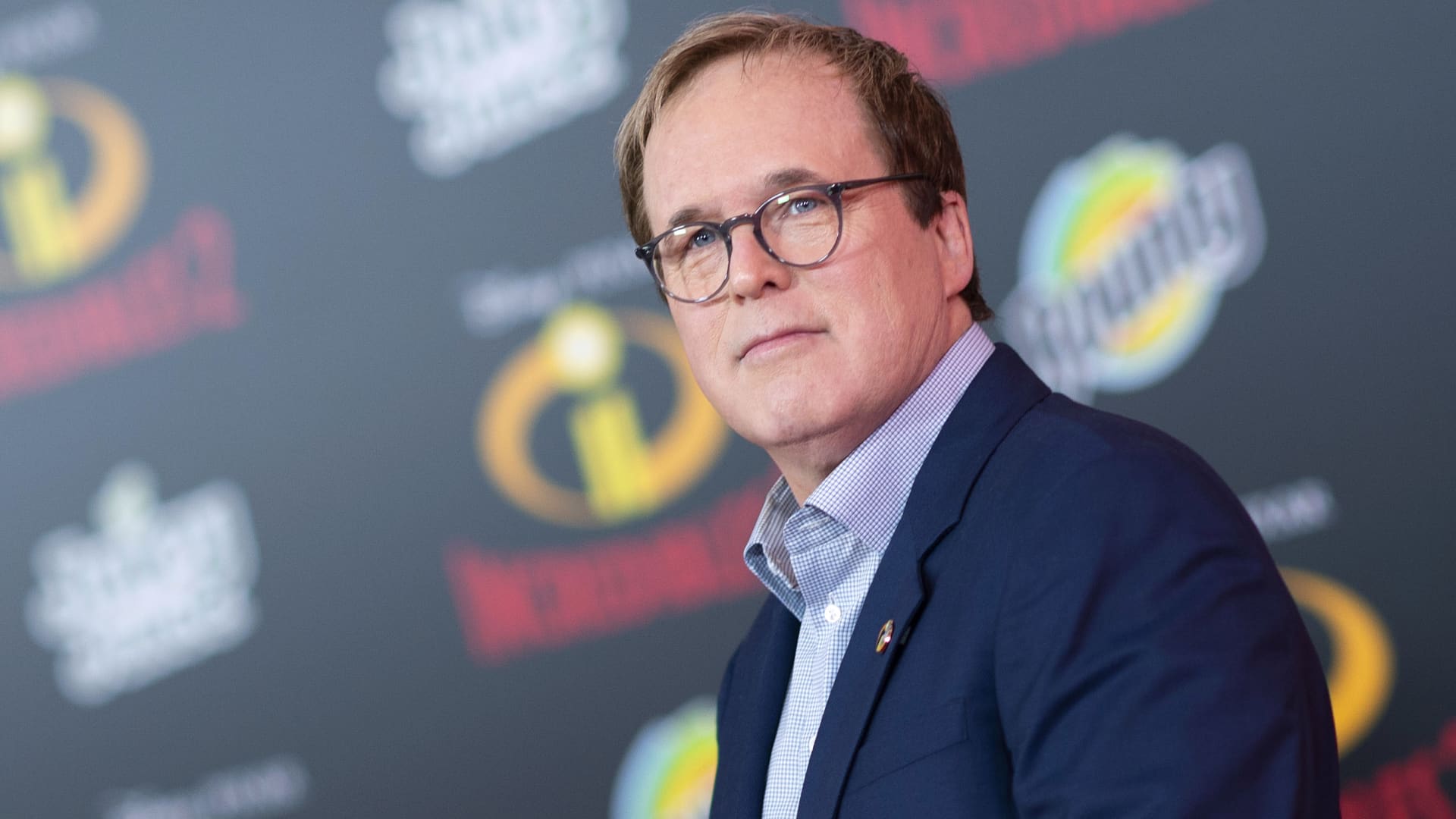In 1999, director Brad Bird’s movie “The Iron Giant” hit theaters.
It was a commercial failure, costing an estimated $70 million to make and earning only $23 million at the box office worldwide. The experience reportedly left Bird wondering if he was cut out to make it in the film industry. He had no idea that someone else had seen the movie, and thought it contained enough creative promise to shake up an entire prominent animation studio.
That person: Steve Jobs, who was CEO of Pixar Animation Studios at the time.
Fresh off the career-threatening flop, Bird was hired by Jobs and Pixar co-founder Ed Catmull to write and direct a movie called “The Incredibles.” The movie went on to win multiple Oscars, but at the time, nothing seemed like a guarantee.
“They were actively choosing a guy to come up who had just made a big flop,” Bird said on the “WorkLife with Adam Grant” podcast in 2019. “They were feeling like, ‘We’re in danger of falling into certain habits because we have the same group that are doing things … but we want to shake things up.'”
It was particularly unusual because Pixar was already successful. By 1999, the studio had already released “Toy Story” and “A Bug’s Life,” and “Toy Story 2” came out near the end of that year.
Jobs and Catmull told Bird they hired him because “The Iron Giant” showed a determination to find new ways to tell stories, Bird recalled. And adding a new voice to the room could help keep the rest of the team from falling back on their laurels.
Bird’s promise to make a better movie with half the time and money than other animated films didn’t hurt either, he noted.
The trouble: Once Bird was hired, the studio said his expectations for “The Incredibles” were indeed unrealistic. He was told the movie would take almost a decade and $500 million to produce, he and producer John Walker said on the podcast.
So, Bird began searching for Pixar’s “black sheep” — staff members whose risky ideas had been overlooked in the past. “I want people who are disgruntled because they have a better way of doing things and they’re having trouble finding an avenue,” Bird said.
Then, he united them against a common enemy: the status quo. “No one thinks we can pull this off,” Bird said he told the team.
Some experts call this motivation method the “underdog effect.”
In 2017, researchers from Coastal Carolina University found that people who are beginners or overlooked often have an advantage: Despite their lack of resources and control, they have a “strong motivation to acquire something, as opposed to keeping something.”
Instead of looking at their disadvantages “as an obstacle, the underdogs’ attempts to increase that control may have positive effects in creativity” and problem-solving, the study notes.
In Pixar’s case, Bird’s team got around the problems of needing to hire advanced animators or invest in new, expensive technology by creating their own computer-generated animation advancements.
“The Incredibles” ended up costing $92 million to make. It earned more than $631 billion at the box office worldwide after its 2004 release. Bird went on to create more movies with Pixar including another Oscar-winning film, “Ratatouille.”
Having an underdog mindset is beneficial, Bird said — and a good source of motivation.
“To do really good work is hard. If you’re doing it right, you are kind of an underdog,” Bird said. “You should be shooting for something that’s out of reach.”
Sign up now: Get smarter about your money and career with our weekly newsletter
Don’t miss:
Domee Shi was a Pixar intern 11 years ago—now she’s the first woman to solo-direct a feature there
Tyler Perry on how he hires: ‘I’m always looking for the underdog’
